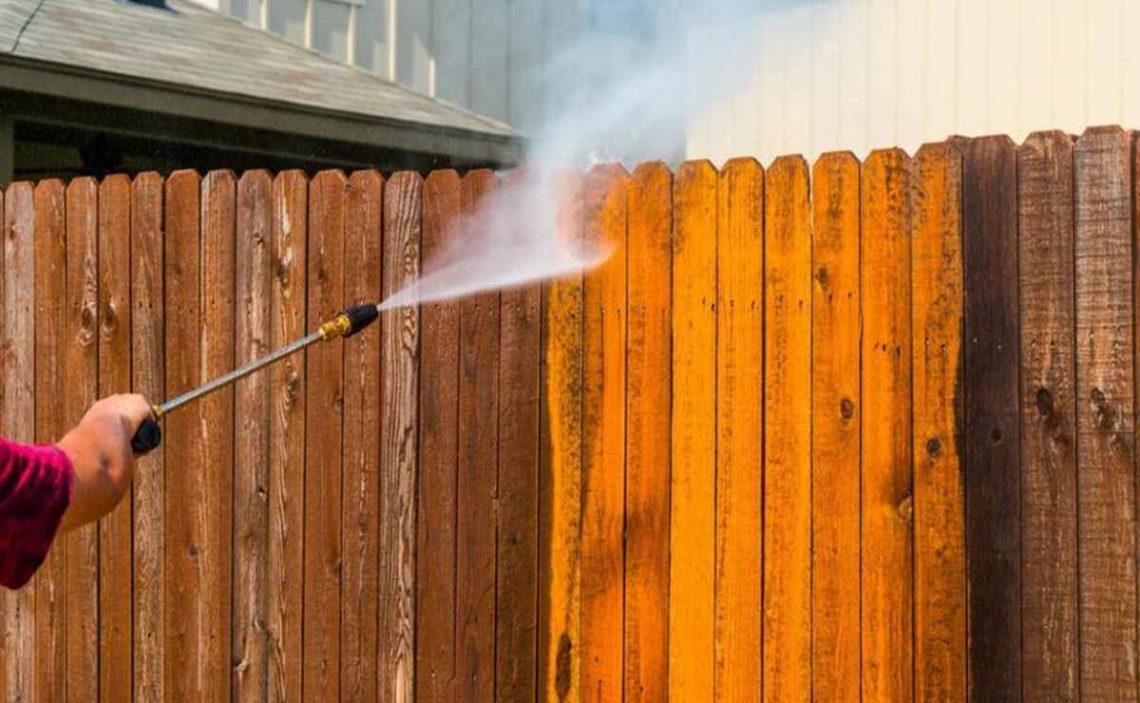Pressure washing businesses are great for cleaning houses, driveways, and decks. However, in order to calculate the costs, we should find out how much insurance should be considered for a pressure washing business. After all, we would be financially responsible.
This type of insurance will have to be included in our business budget, as, on average, pressure washing insurance will cost around $103 per month. However, this can be highly variable depending on the insurance company.
What is the cost of pressure washing insurance?
The minimum insurance coverage that pressure washing companies must have is a general liability insurance. Most washing schedules will depend on seasonality, so these insurances are not paid for a full year, especially since these companies do not work year-round.
For this reason, these businesses typically use policies with different hourly, daily, weekly or monthly coverages. It is the most cost-effective to purchase a monthly policy to protect ourselves from a financial impact on other people’s property.
In the case of pressure washers, the ideal is not to contract only general liability. We should also take out commercial equipment protection to have complete coverage for our equipment.
Factors that influence the insurance cost
Laundry businesses are not the same as other businesses, so different factors must be considered. Among the key factors that we will have to consider will be:
Location of the business
The location of the business may affect the insurance cost because this will be directly related to the risks it may have. In a densely populated area, policies may be higher due to the risks of property damage or bodily injury.
Duration of the policy
The amount of time for which the policy is required will affect the premium. In any case, the hour, day, week, or month will affect the insurance premium, and on many occasions, a better policy can be obtained if it is contracted for a month.
Necessary Coverage
Higher coverage limits will have a higher cost. However, paying more upfront will provide greater protection in any claim. Coverage limits can be between $1 million and $2 million for general liability coverage.
On the other hand, for equipment coverage, you can have insurances that pay between $1,000 and $2,500 each with a $500 deductible per loss. However, the more coverage you have, the more you will pay on the policy.
Other insurances that pressure washing companies should have.
Protecting our company from any risk is one of the best ideas. For this reason, we should consider some extra insurances such as:
Commercial vehicle insurance
It is essential to have a policy of this type to cover liability and physical damage to vehicles. They are used as part of commercial operations and are not covered by private insurance. Remember, a personal policy will not provide coverage for commercial vehicles.
Coverage for rented and non-owned vehicles
This type of policy is basic for vehicles that the company may rent but are not owned by the company. In these cases, the policy can be purchased as additional coverage if the company does not own the vehicles used for work.
Commercial equipment protection
This insurance covers the commercial equipment we own, rent, or borrow and is used in connection with the business. This coverage allows us to protect all of the company’s equipment to avoid problems in the company’s operation.
Commercial Property Insurance
This policy will cover costs from direct physical loss or damage to a building or its contents. These insurances can protect us from situations such as fire, storms, or any natural damage. This type of insurance may protect even accounts receivable.
Insurance requirements for this type of business
Pressure washing businesses need insurance because of the risk of injury and property damage. It is imperative to have insurance for the following instances:
- Before starting work on a project, customers may request that we have active insurance, which should generally be a minimum general liability.
- Company-owned vehicles will need commercial vehicle insurance.
- A policy to repair or replace property we own or lease.
The most important thing is to look at the current regulations for the state we are in and meet each state’s minimum requirements for this type of business. This way, we will be able to have coverage to back us up in case things go wrong.


